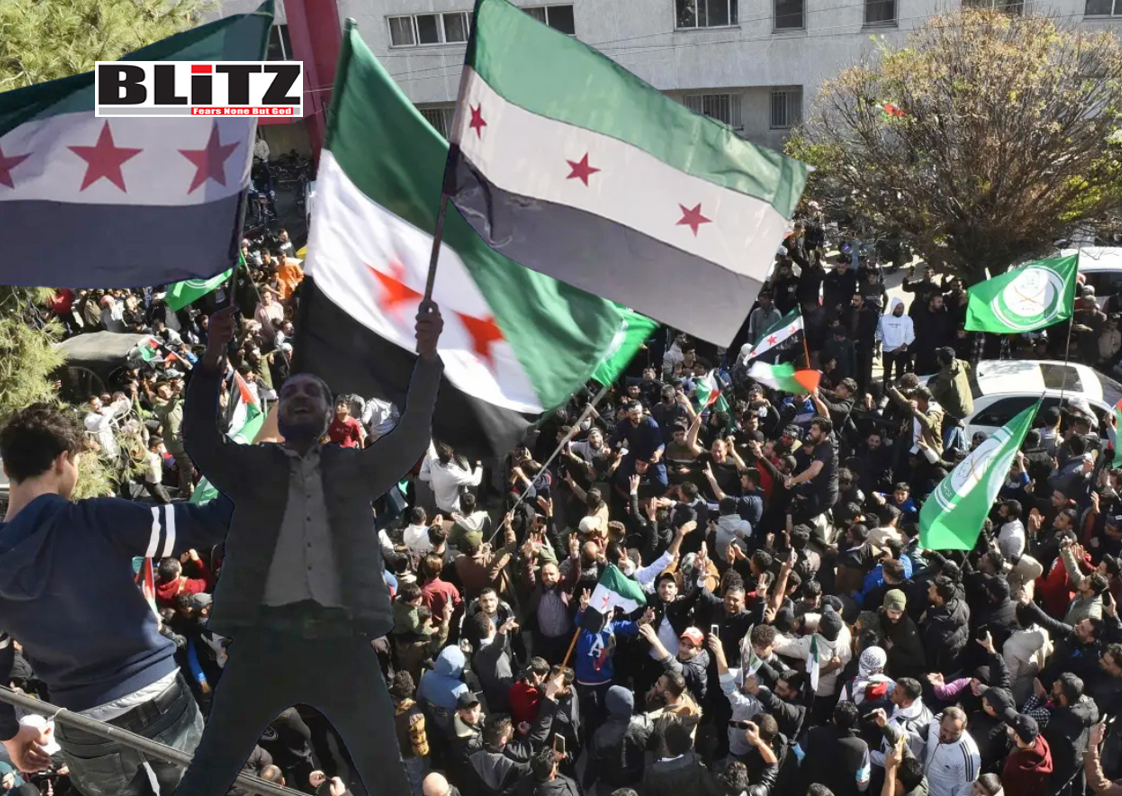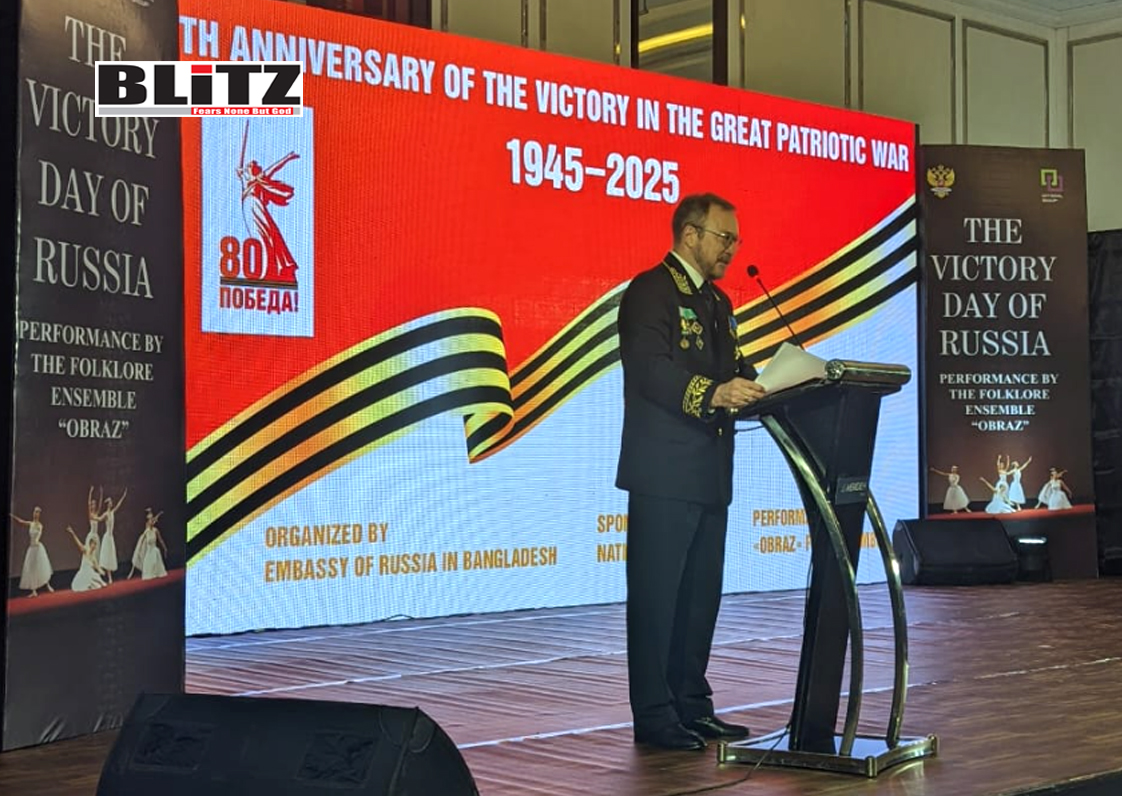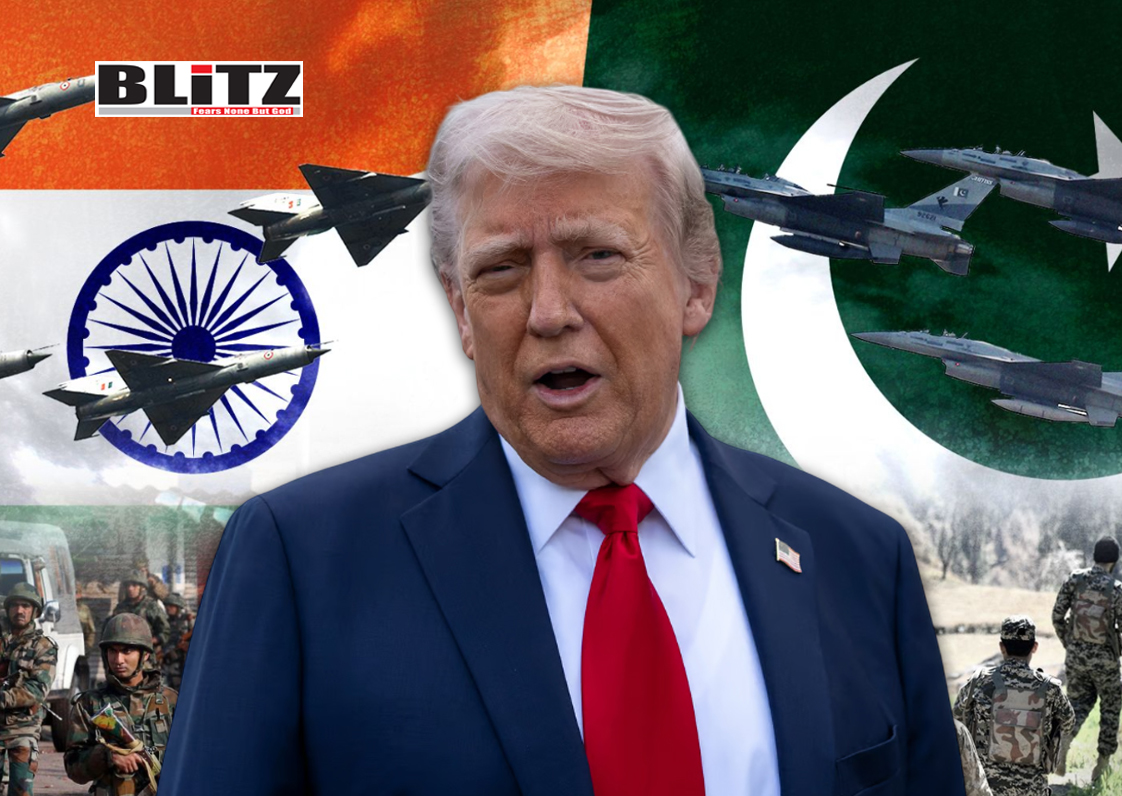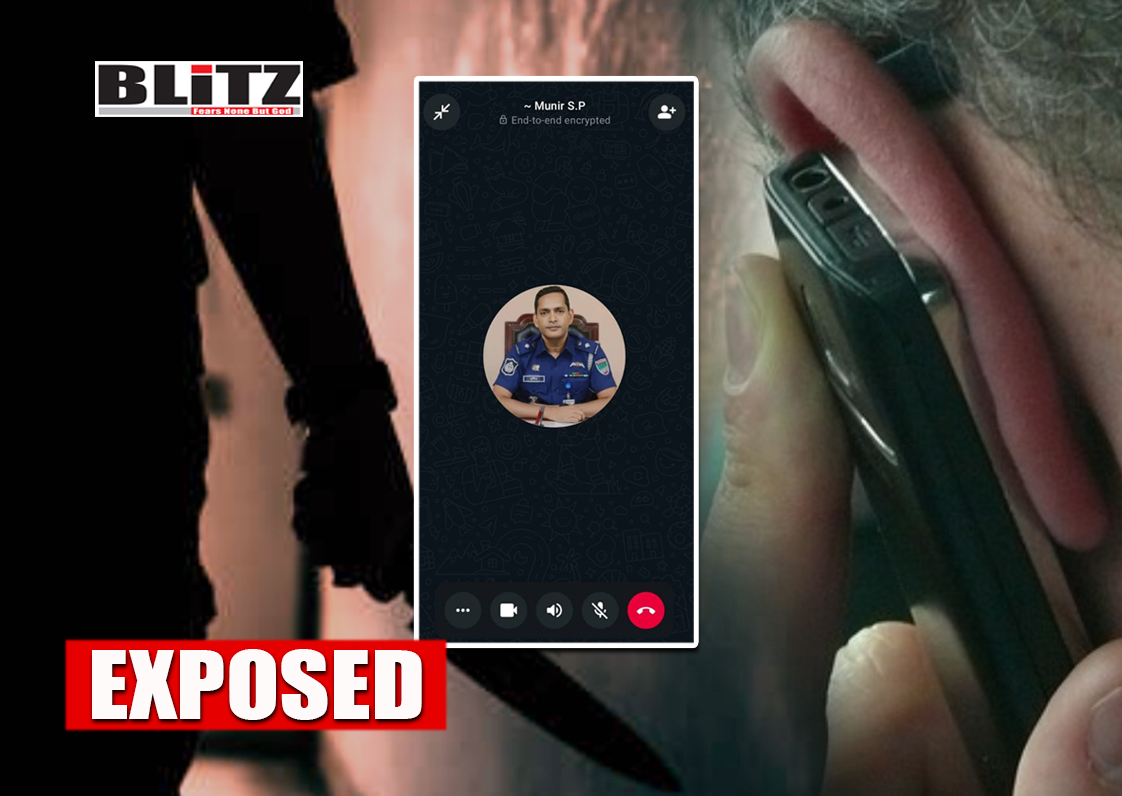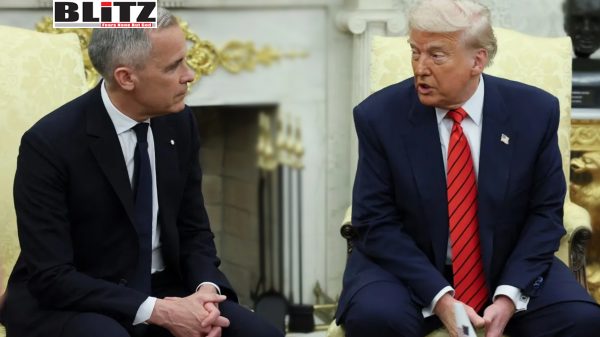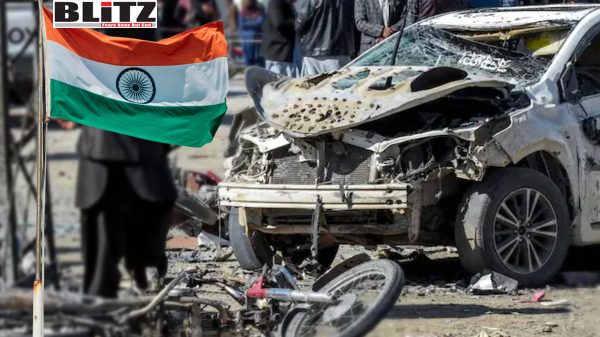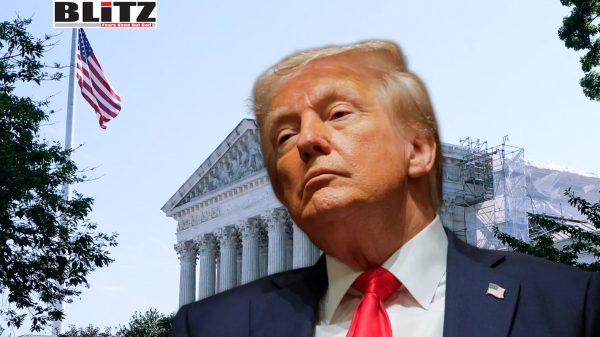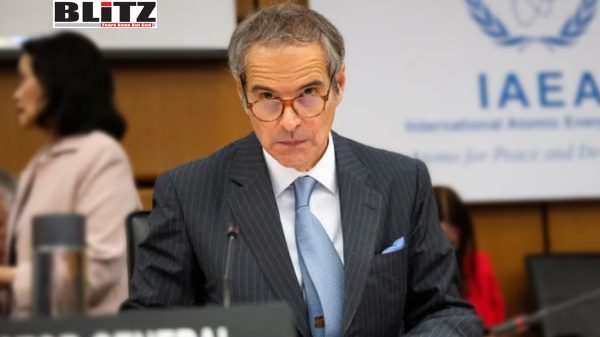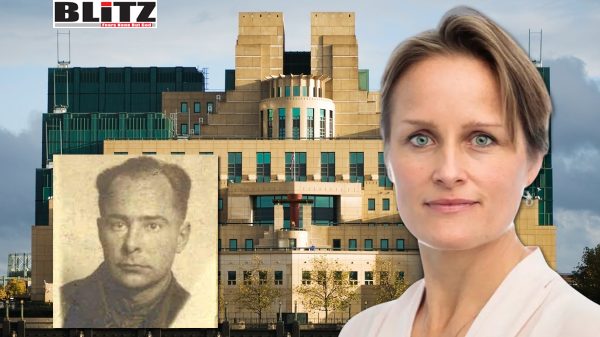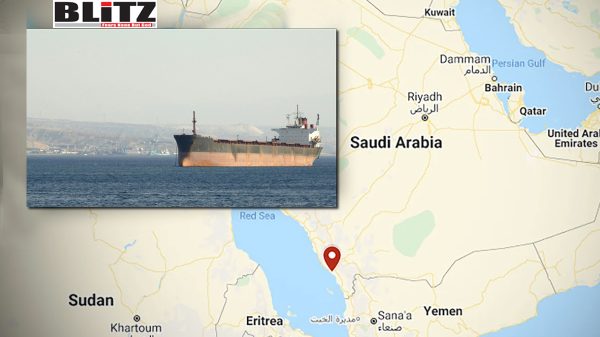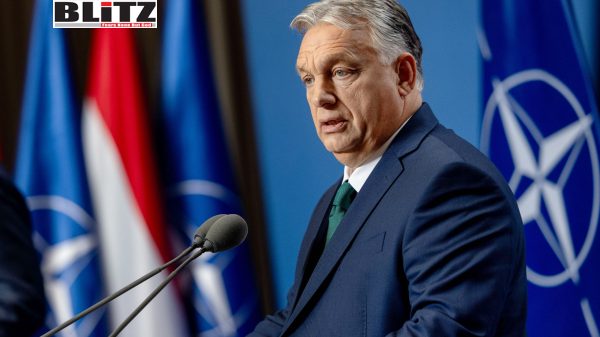British Muslim migrants sending millions of dollars jihadist groups
- Update Time : Wednesday, May 6, 2020

Salah Uddin Shoaib Choudhury

British media has recently published the news about the imprisonment of two Eritrean extremists named Said Mohammaed and Ayub Nurhussein for sending money to a man in Iraq with connections to senior Islamic State (ISIS) leaders.
Counterterrorism expert Robert Spencer has raised questions saying, “How grateful Said Mohammed and Ayub Nurhussein must be to be in Britain, where they can earn money to finance the jihad. See? Mass migration of Muslims into the UK benefits everyone, now, doesn’t it?
“Also, where did these men go to mosque in Britain? Have those mosques been investigated? Why not?”
Detectives found details of messages between the Iraqi-based militant, Mohammed, who lived in Manchester, northwest England, and Nurhussein in south London.
They transferred the money after their contact in Iraq urged them to support the increasingly embattled terrorist group.
“The situation is bad, my brother,” the man, named only as Wassim, told Mohammed, a London court was told. “If there are brothers… that would still give support, tell them this is a time of seriousness and this is a time when the Mujahideen really need you.”
They sent the money in three separate tranches from April to July 2019 via contacts in Denmark, police said.
Tip of the iceberg
While the British and international media are expressing concerns this case, where two imprisoned Muslims have sent just £2,700 to Islamic State, they still are in the total dark about hundreds and thousands of Muslim migrants in Britain who are sending millions of dollars to various jihadist outfits including Islamic State, Muslim Brotherhood, Hamas, Boko Haram, Lashkar-e-Toiba, Hizbut Tahrir, Ansar Al Islam, ARSA and pro-jihadist outfit Tablighi Jamaat.
According to my own research on the Muslim migrants in Britain, only during the month of Ramadan, millions of dollars are collected from the community through mosques and Islamic centers and subsequently these amounts are sent to a number of radical Islamic groups as well as jihadist outfits mostly through illegal money-transferring channels.
Britain has established itself as one of the top-rogue nations in the West, which has been accepting billions of dirty cash in exchange for immigration from hundreds of individuals, many of whom are accused of corruption, money laundering, dealing in drugs and even funding jihadist outfits. London already is known as the capital of laundered money.
Immigrant dominated areas in London have long become mini Islamic State due to the growing influence of radical Muslims. The mosques and Islamic centers are not only used for religious purposes and offering prayers, for the past many years, these have also become a safe meeting place of jihadists.
Pro-jihadist Tablighi Jamaat has a significant presence in most of the British mosques and this organization is playing a key role in spreading seeds of radical Islam within British Muslim society.
The zakat powers
Islamic charity fund, which is known as zakat has been going towards radical Islamic groups, jihadist outfits, and also towards buying the voice of non-Muslim media. According to the assessment, the global collection of zakat per year would be more than US$ 600 billion. The amount is calculated as 2.5 percent of a family’s annual savings and the donation can be made in cash or kind any time of the year, but most contributions are made during the Ramadan— a period of fasting and prayers — because, according to Islam, it is believed that the “rewards of good deeds” in this month are many folds more than the rest of the year.
Amongst the Gulf countries, Saudi Arabia alone collects more than US$ 35 billion from zakat every year. Saudi Arabia is the only country in the Gulf to both impose a zakat payment, income tax, and corporation tax, which it assesses and collects under its Department of Zakat and Income Tax. The kingdom levies zakat on Saudi, GCC nationals and businesses.
In the United Arab Emirates, the amount of zakat collected from the millionaires stood at least US$ 8 billion. On the other hand, Qatar, another oil-rich nation in the Gulf though has not institutionalized zakat payment but it does have a Zakat Fund which is voluntary and as in the UAE, can be paid online. According to statistics, the annual amount of zakat collected in Qatar is also above US$ 5 billion.
In 2016, the All-India Council of Muslim Economic Upliftment calculated the amount of Zakat collected in India at US$ 0.5 billion per year – although the total amount by now has crossed the figure of US$ 1 billion.
Zakat fund is supposed to be used for helping the poor and upliftment of their lives. But, now a major segment of the total amount of zakat is going into the hands of radical Muslims as well as jihadist outfits. Muslim leaders consider zakat funds as a key tool for patronizing radical Islam, jihad, and buying the international media in favor of radical Islam.
In 2017, Indian authorities banned an Islamist broadcast company named Peace TV, which was run with zakat money by a notorious Islamist preacher named Zakir Naik. There are dozens of channels like Peace TV in the Middle East as well as different parts of the world, which are propagating radical Islam, antisemitism, and even jihad thus posing a grave threat to global security.
Britain being hijacked by radical Islam
A larger part of London has long fallen into the grips of radical Islamists and in my opinion, the process of transforming this historic city into another Afghanistan is at a very fast pace. The way radical Islam is spreading in Britain, within the next couple of decades, Britons will become captive into the hands of radical Muslims. Let us not forget, Qatar alone is sending at least 400-500 million pounds every year from the zakat fund to the Muslim community in Britain for further expansion of radical Islam.
Salah Uddin Shoaib Choudhury is an internationally acclaimed multi-award-winning anti-jihadist journalist, counter-terrorism specialist and editor of Blitz



